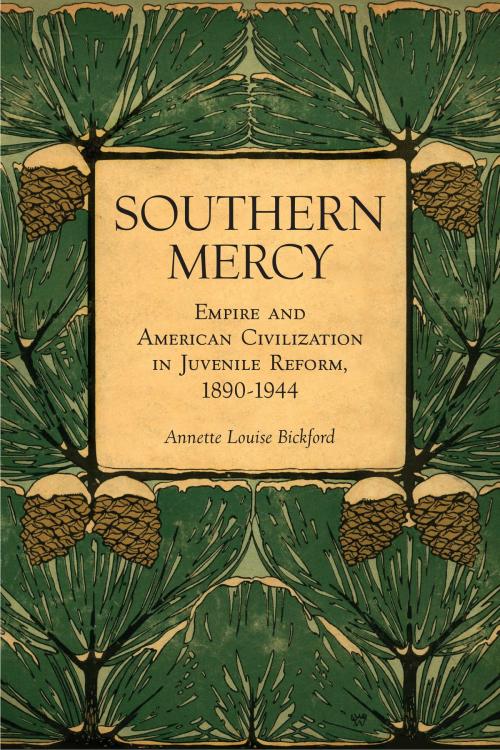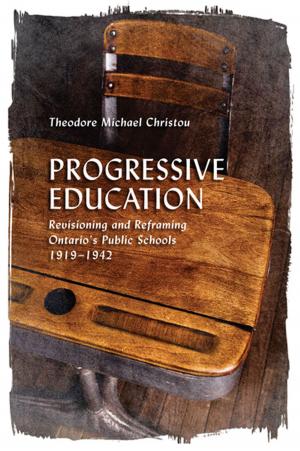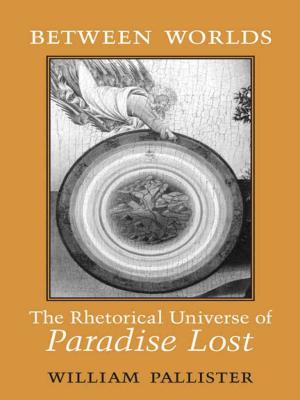Southern Mercy
Empire and American Civilization in Juvenile Reform, 1890-1944
Nonfiction, Reference & Language, Education & Teaching, History, Social & Cultural Studies, Social Science, Cultural Studies, Ethnic Studies, Americas, United States| Author: | Annette Louise Bickford | ISBN: | 9781442663534 |
| Publisher: | University of Toronto Press, Scholarly Publishing Division | Publication: | January 6, 2017 |
| Imprint: | Language: | English |
| Author: | Annette Louise Bickford |
| ISBN: | 9781442663534 |
| Publisher: | University of Toronto Press, Scholarly Publishing Division |
| Publication: | January 6, 2017 |
| Imprint: | |
| Language: | English |
From the late-nineteenth to mid-twentieth century juvenile reformatories served as citizen-building institutions and a political tool of state racism in post-emancipation America. New South advocates cemented their regional affiliation by using these reformatories to showcase mercies which were racialized, gendered, and linked to sexuality.
Southern Mercy uses four historical examples of juvenile reformatories in North Carolina to explore how spectacles of mercy have influenced Southern modernity. Working through archival material pertaining to race and moral uplift, including rare photos from the private archives of Samarcand Manor (the State Home and Industrial Manor for Girls) and restricted archival records of reformatory racial policies, Annette Bickford examines the limits of emancipation, and the exclusions inherent in liberal humanism that distinguish racism in the contemporary "post-race" era.
From the late-nineteenth to mid-twentieth century juvenile reformatories served as citizen-building institutions and a political tool of state racism in post-emancipation America. New South advocates cemented their regional affiliation by using these reformatories to showcase mercies which were racialized, gendered, and linked to sexuality.
Southern Mercy uses four historical examples of juvenile reformatories in North Carolina to explore how spectacles of mercy have influenced Southern modernity. Working through archival material pertaining to race and moral uplift, including rare photos from the private archives of Samarcand Manor (the State Home and Industrial Manor for Girls) and restricted archival records of reformatory racial policies, Annette Bickford examines the limits of emancipation, and the exclusions inherent in liberal humanism that distinguish racism in the contemporary "post-race" era.















